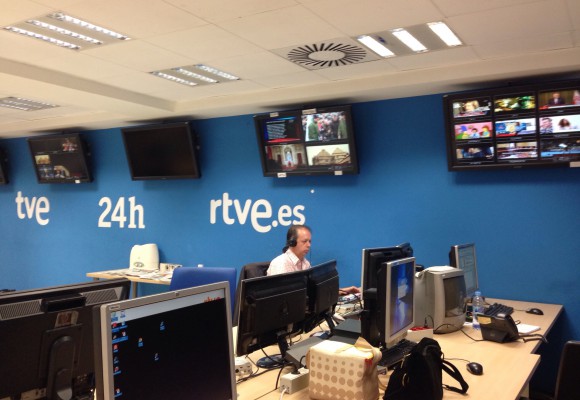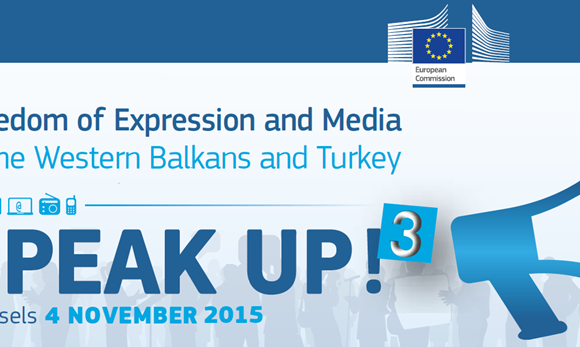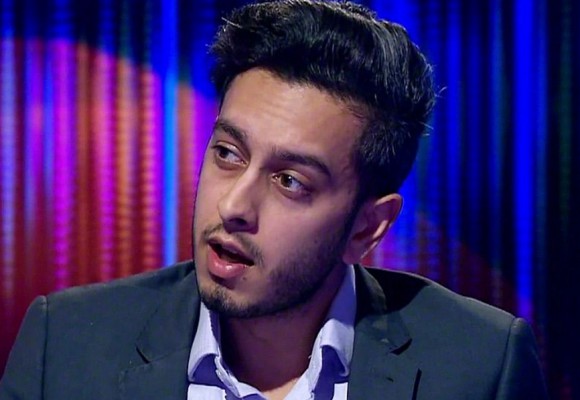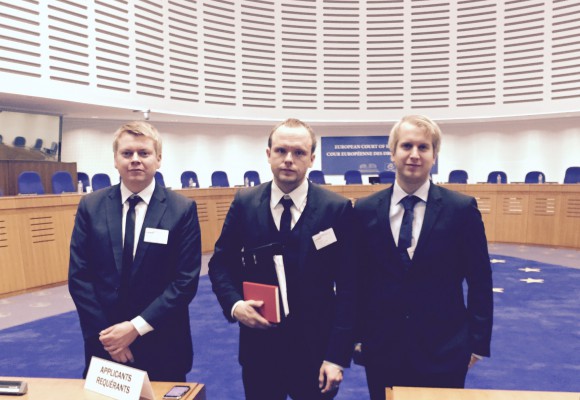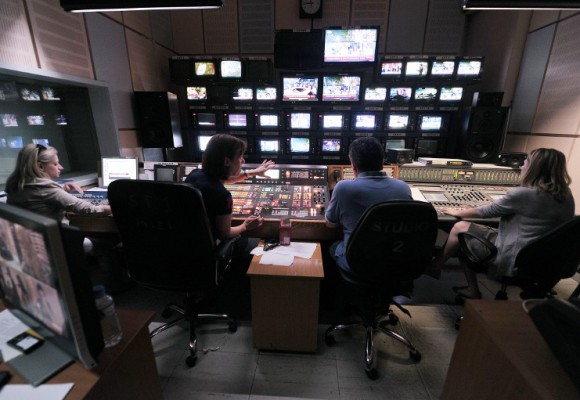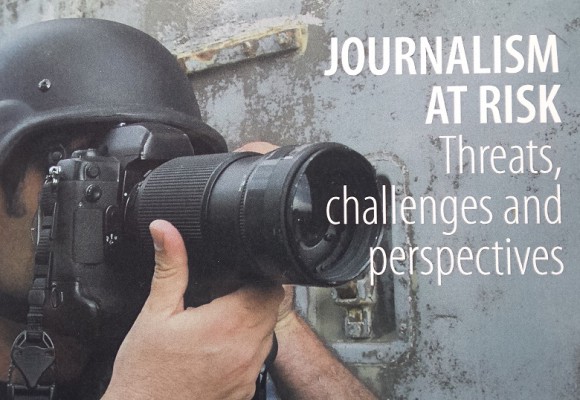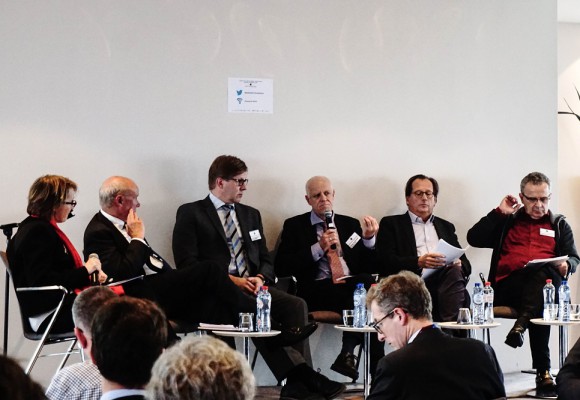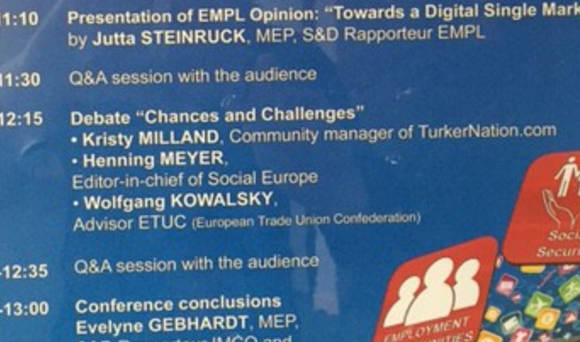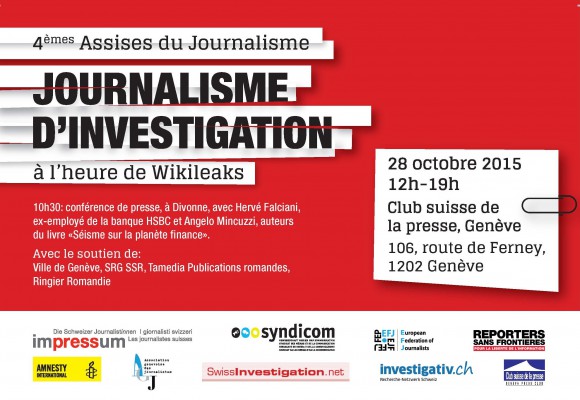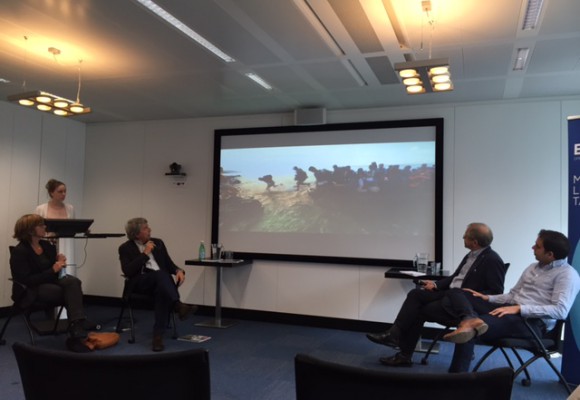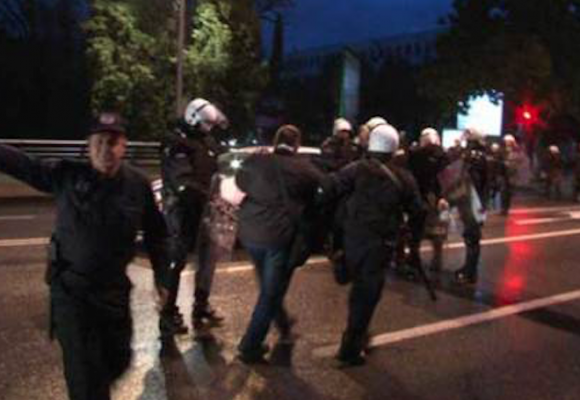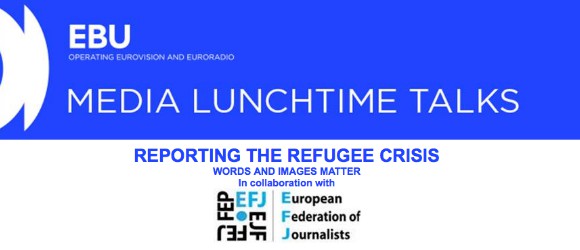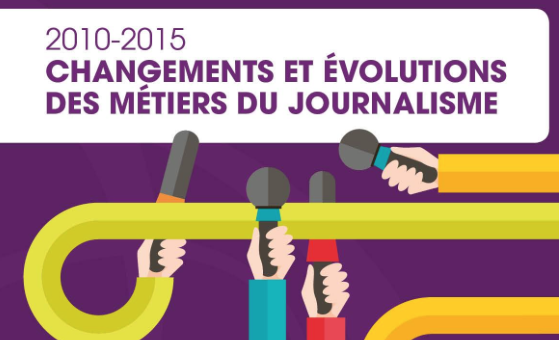EFJ raises concerns over the independence of RTVE ahead of elections
The European Federation of Journalists (EFJ) has expressed concerns over the lack of independence of the Spanish public service broadcaster RTVE following a visit of the EFJ Broadcasting Expert Group (BREG) on Thursday, 28 October in Madrid, Spain. The group has met with representatives of the RTVE News Council (Consejo de informativos), an internal body formed by RTVE journalists “tasked with overseeing the broadcaster’s independence” and whose members are elected by their fellow journalists. Members of the News Council at the RTVE explained their concerns over the quality and credibility of information and the need to develop measures to prevent…

